Anhui Feichun Special Cable Co.,Ltd Email: Li.wang@feichuncables.com
How Are Festoon Cables Used in Industrial and Mining Sectors ?
Discover how festoon cables power South Africa's industrial and mining sectors, from Durban's ports to North West platinum mines, ensuring reliable operations in harsh environments.
Li.wang@Feichun Cable
7/18/202510 min read
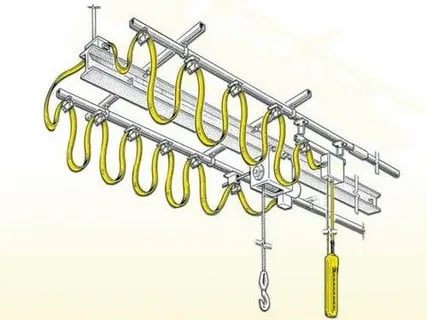

In the bustling industrial landscape of South Africa, where mining operations drive economic growth and manufacturing facilities power job creation, one critical component often goes unnoticed: festoon cables. These specialised electrical systems form the backbone of material handling equipment across the country, from the busy container terminals of Durban harbour to the expansive platinum mines of the North West Province.
Festoon cables are engineered to deliver power and control signals to moving equipment whilst maintaining flexibility and durability under constant motion. Unlike traditional fixed cabling systems, festoon cables are suspended and guided along predetermined paths, allowing seamless power transmission to cranes, hoists, and other mobile industrial machinery.
For South African businesses operating in challenging environments—whether it's the corrosive coastal conditions of the Western Cape ports or the dusty, high-temperature conditions of the Limpopo mining belt—understanding festoon cable applications is crucial for maintaining operational efficiency and reducing costly downtime. With the country's renewed focus on industrial growth and the recent R1.2 billion investment in port infrastructure upgrades, the demand for reliable festoon cable systems has never been higher.
What Are Festoon Cables?
Festoon cables, also known as cable festoon systems, are specially designed bundles of power, control, and communication cables that are suspended and guided along a predetermined path by trolleys or cable carriers. Their primary function is to provide electrical power and control signals to moving parts of industrial machinery, enabling smooth operation without cable entanglement or damage.
The construction of festoon cables incorporates several key features that make them particularly suitable for South African industrial conditions. Flexibility is paramount, as these cables must bend and flex repeatedly without fatigue or failure. This is achieved through the use of fine copper strands and highly flexible insulation materials that can withstand millions of flexing cycles.
Abrasion resistance is another critical feature, especially important in South Africa's mining sector where cables may encounter sharp edges, abrasive particles, and rough handling. The outer jacket of festoon cables is typically constructed from materials like polyurethane (PUR), polyvinyl chloride (PVC), or specialised rubber compounds that provide excellent resistance to wear and tear.
UV and weather resistance are essential considerations for outdoor applications, particularly in South Africa's intense sunlight and variable weather conditions. Festoon cables used in ports, open-pit mines, and outdoor manufacturing facilities incorporate UV-stabilised materials that prevent degradation from prolonged sun exposure.
The materials used in festoon cable construction vary depending on the application. PVC remains popular for indoor applications due to its cost-effectiveness and good electrical properties. Rubber compounds are favoured for their superior flexibility and resistance to oils and chemicals, making them ideal for mining applications. PUR offers excellent abrasion resistance and is increasingly specified for demanding industrial environments.
Key Industrial Applications in South Africa
Overhead Cranes
Overhead cranes are ubiquitous in South African industrial facilities, from the steel plants of Vanderbijlpark to the automotive assembly lines in East London. Festoon cables play a vital role in supplying power to these moving hoist systems, ensuring uninterrupted operation as cranes traverse their rails.
In the logistics and warehouse sectors of Gauteng and KwaZulu-Natal, festoon cable systems enable overhead cranes to handle heavy loads efficiently. The recent expansion of e-commerce distribution centres in these provinces has increased demand for reliable crane systems. Festoon cables provide the flexibility needed for cranes to operate across wide spans whilst maintaining consistent power delivery and control signal integrity.
The typical configuration for overhead crane festoon systems includes multiple conductors for three-phase power supply, control circuits for crane movements, and communication cables for operator interfaces. The cables must be sized appropriately to handle the high starting currents of crane motors whilst minimising voltage drop across long spans.
Gantry and Bridge Cranes in Manufacturing
South Africa's manufacturing sector, particularly in the automotive and steel industries, relies heavily on gantry and bridge cranes for material handling. These systems require uninterrupted control and data transmission to ensure precise positioning and safe operation.
In automotive plants like those operated by BMW in Rosslyn and Mercedes-Benz in East London, festoon cables enable sophisticated crane control systems that integrate with production line automation. The cables must carry not only power but also high-speed data signals for real-time positioning feedback and safety interlocks.
Steel manufacturing facilities, such as those in the Vaal Triangle, present particularly challenging environments for festoon cables. High temperatures, metal dust, and the presence of magnetic fields require specialised cable designs with enhanced shielding and heat-resistant materials.
Ports and Harbours
South Africa's ports are critical economic infrastructure, handling millions of tonnes of cargo annually. The container cranes and rubber-tyred gantry (RTG) cranes at facilities like Durban's container terminals and Port Elizabeth's automotive terminal rely on festoon cable systems to operate efficiently.
The coastal environment presents unique challenges for festoon cables, including salt spray, high humidity, and strong winds. Cables used in these applications must incorporate corrosion-resistant materials and robust sealing to prevent moisture ingress. The recent R7 billion investment in upgrading Durban's port infrastructure has highlighted the importance of reliable electrical systems, including festoon cables, in maintaining port competitiveness.
RTG cranes, which are increasingly common in South African ports, require festoon cables that can handle frequent acceleration and deceleration cycles whilst maintaining signal integrity for automated stacking systems. The cables must also withstand the mechanical stresses of constant movement and the corrosive effects of the marine environment.
Mining Sector Applications
South Africa's mining industry, which contributes significantly to the country's GDP, presents some of the most demanding applications for festoon cables. The sector's diverse operations, from surface coal mines in Mpumalanga to deep underground gold mines in the Witwatersrand, each have specific requirements for electrical systems.
Surface Mining
Surface mining operations, particularly in the coal fields of Mpumalanga and the iron ore mines of the Northern Cape, utilise massive mobile equipment that requires reliable power delivery. Festoon cables are essential for supplying power to mobile crushers, stacker-reclaimers, and draglines that operate continuously in harsh outdoor conditions.
The environment in surface mining is particularly challenging, with high levels of dust, extreme temperatures, and the presence of oils and chemicals from heavy machinery. Festoon cables used in these applications must be oil-resistant and constructed with rugged materials that can withstand abrasive particles and mechanical impact.
Stacker-reclaimers, which are common in coal and iron ore operations, require festoon cables that can handle the high power demands of conveyor systems and reclaiming equipment whilst maintaining flexibility for the wide range of motion required in stockyard operations.
Underground Mining
Underground mining operations, whilst less common in modern South African mining, still require festoon cables for specific applications such as suspended monorail systems and lift mechanisms. The underground environment presents unique challenges, including the need for fire-retardant and low-smoke cable designs.
Mining regulations in South Africa require that cables used underground meet strict fire safety standards. Festoon cables for underground applications must be constructed with materials that limit flame spread and produce minimal smoke and toxic gases in the event of a fire.
The confined spaces and challenging access conditions in underground mines also require festoon cables with enhanced flexibility and compact designs that can navigate tight spaces whilst maintaining electrical integrity.
Case Study: Platinum Mine in North West Province
A major platinum mining operation in the North West Province recently implemented a comprehensive festoon cable system upgrade for their surface lifting equipment. The mine, which processes over 2 million tonnes of ore annually, was experiencing frequent cable failures due to the harsh operating conditions and high duty cycles of their material handling equipment.
The previous cable system, which utilised conventional industrial cables, was failing every 6-8 months due to fatigue and environmental degradation. The frequent replacements were causing significant downtime and increasing maintenance costs, with each failure resulting in production losses of approximately R500,000 per day.
The mining company partnered with a local electrical contractor to implement a purpose-designed festoon cable system using cables with enhanced flexibility and abrasion resistance. The new system incorporated polyurethane-jacketed cables with fine-strand copper conductors and improved strain relief systems.
The results were remarkable: cable replacement frequency decreased from twice yearly to once every three years, representing a 600% improvement in service life. The mine reported a 40% reduction in electrical maintenance costs and a significant decrease in unplanned downtime related to cable failures.
Technical Considerations When Choosing Festoon Cables
Selecting the appropriate festoon cable system requires careful consideration of several technical factors that are particularly relevant to South African operating conditions. Environmental exposure is perhaps the most critical consideration, as the country's diverse climate zones present varying challenges for electrical systems.
Dust exposure is a significant concern in many South African industrial applications, from mining operations in the Northern Cape to cement plants in the Free State. Festoon cables must incorporate sealing systems and materials that prevent dust ingress whilst maintaining flexibility. The IP rating of cable connectors and junction boxes is crucial for ensuring long-term reliability in dusty environments.
Chemical exposure is another important consideration, particularly in mining and petrochemical applications. The presence of acids, alkalis, and solvents requires careful material selection for cable jackets and insulation systems. Polyurethane and specialised rubber compounds offer superior chemical resistance compared to standard PVC materials.
Water exposure, whether from process requirements or South Africa's variable rainfall patterns, necessitates cables with appropriate moisture resistance. Outdoor applications require cables with UV-stabilised materials to prevent degradation from the country's intense sunlight.
Bending radius and flexibility requirements vary significantly depending on the application. Overhead cranes with long spans require cables with small bending radii to navigate tight curves, whilst stacker-reclaimers may have less stringent flexibility requirements but need cables that can handle longer lengths without excessive sag.
Voltage ratings and conductor sizes must be carefully matched to the electrical requirements of the application. South Africa's standard industrial voltage of 380V three-phase requires appropriate cable ratings with adequate safety margins. Conductor sizing must account for voltage drop over long cable runs, particularly important in large mining operations where distances can be substantial.
Compliance with South African National Standards (SANS) is essential for mining applications, where safety regulations are strictly enforced. Cables used in mining operations must meet specific standards for fire resistance, mechanical properties, and electrical performance.
Benefits of Using Festoon Cables
The adoption of festoon cable systems offers numerous advantages for South African industrial operations, particularly in applications involving moving equipment. Durability under continuous motion is perhaps the most significant benefit, as these cables are specifically designed to withstand millions of flexing cycles without failure.
Compared to alternative solutions such as drag chain systems or loose cabling, festoon cables offer superior reliability and reduced maintenance requirements. The suspended design eliminates the wear and contamination issues associated with cables that drag along the ground or through enclosed channels.
Reduced cable failure rates translate directly to improved operational efficiency and reduced maintenance costs. In the context of South Africa's mining industry, where production downtime can cost hundreds of thousands of rand per day, the reliability of festoon cable systems provides significant economic benefits.
Installation and maintenance of festoon cable systems is generally simpler than alternative solutions. The suspended design allows for easy inspection and replacement of individual cable sections without disrupting the entire system. This is particularly valuable in continuous operation environments where planned maintenance windows are limited.
The compatibility of festoon cables with various control and signal systems makes them suitable for modern industrial automation requirements. As South African industries increasingly adopt automated systems, the ability to integrate power and data transmission in a single festoon system becomes increasingly valuable.
Future Trends in South African Industry
The evolution of South African industry towards increased automation and digitalisation is driving new requirements for festoon cable systems. The integration of Industry 4.0 technologies in manufacturing facilities requires cables that can simultaneously handle power transmission and high-speed data communication.
Hybrid power and data festoon cables are becoming increasingly common, allowing single cable systems to carry both electrical power and communication signals. This trend is particularly relevant in South Africa's automotive industry, where manufacturers are implementing advanced automation systems to remain competitive in global markets.
The shift towards environmentally friendly materials is influencing cable design and selection. Low smoke zero halogen (LSZH) cables are becoming preferred in applications where fire safety is a concern, particularly in enclosed spaces and public facilities. This trend aligns with South Africa's increasing focus on environmental sustainability and workplace safety.
Smart port infrastructure development, driven by the need to improve the efficiency of South Africa's trade gateways, is creating demand for advanced festoon cable systems that can support automated container handling systems and real-time tracking technologies.
In the mining sector, the move towards automated and remote-controlled equipment is increasing the importance of reliable communication systems. Festoon cables that can handle both power and high-bandwidth data transmission are becoming essential for modern mining operations.
Frequently Asked Questions (FAQs)
What is the difference between flat and round festoon cables?
Flat festoon cables are designed for applications with limited vertical space and are commonly used in indoor crane systems. They lie flat and are ideal for installations where headroom is restricted. Round festoon cables are more robust and suitable for outdoor applications and heavy-duty environments where they need to withstand greater mechanical stresses.
Can festoon cables be used in extreme temperatures?
Yes, festoon cables can be designed for extreme temperature applications. Standard cables typically operate in temperature ranges from -20°C to +70°C, but specialised cables can handle temperatures from -40°C to +180°C. For South African applications, high-temperature variants are often required for steel plants and mining operations.
Are festoon systems cost-effective for small mining operations?
Festoon systems can be cost-effective for small mining operations, particularly when considering the total cost of ownership including reduced downtime and maintenance. The initial investment may be higher than simpler cable systems, but the improved reliability and reduced maintenance requirements often justify the cost over the system's lifetime.
Conclusion
Festoon cables play a crucial role in South Africa's industrial and mining sectors, providing reliable power and control signal transmission to moving equipment in challenging environments. From the busy container terminals of Durban to the vast platinum mines of the North West Province, these specialised electrical systems enable efficient operations and reduce costly downtime.
The diverse applications of festoon cables in South African industry demonstrate their versatility and importance. Whether supporting overhead cranes in manufacturing facilities, enabling automated port operations, or powering mobile mining equipment, festoon cables must meet stringent requirements for durability, flexibility, and environmental resistance.
As South Africa continues to modernise its industrial infrastructure and embrace automation technologies, the demand for advanced festoon cable systems will continue to grow. The integration of power and data transmission capabilities, combined with improved environmental resistance and compliance with local standards, makes festoon cables an essential component of modern industrial operations.
For companies operating in South Africa's challenging industrial environments, selecting the right festoon cable system is critical for long-term reliability and safety. Consulting with SANS-certified suppliers and experienced electrical contractors ensures that cable systems are properly specified and installed to meet the unique demands of South African operating conditions.
The investment in high-quality festoon cable systems pays dividends through improved operational efficiency, reduced maintenance costs, and enhanced safety performance. As the country's industrial sector continues to evolve, festoon cables will remain a vital component in maintaining South Africa's competitive position in global markets.
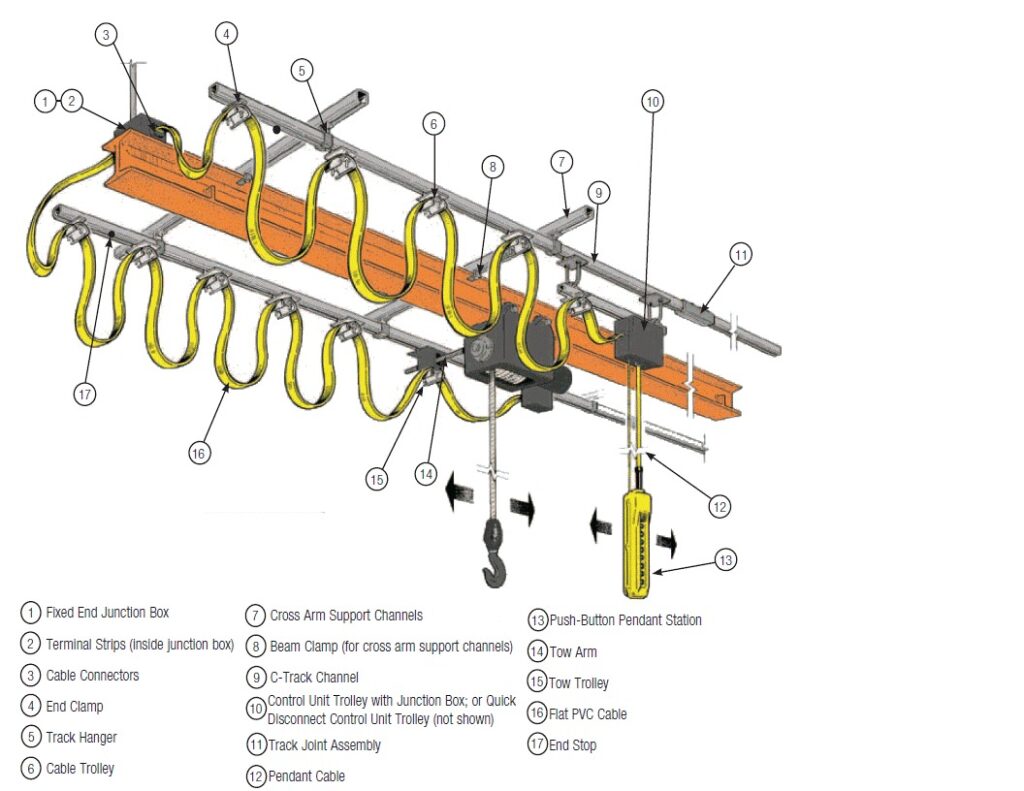

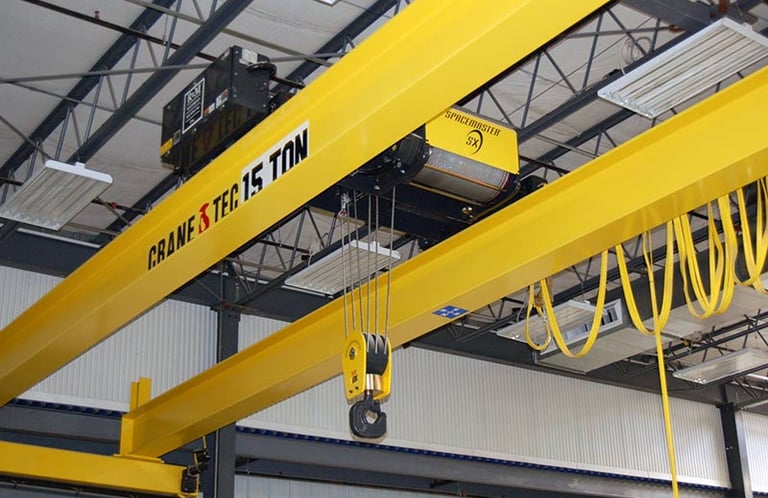

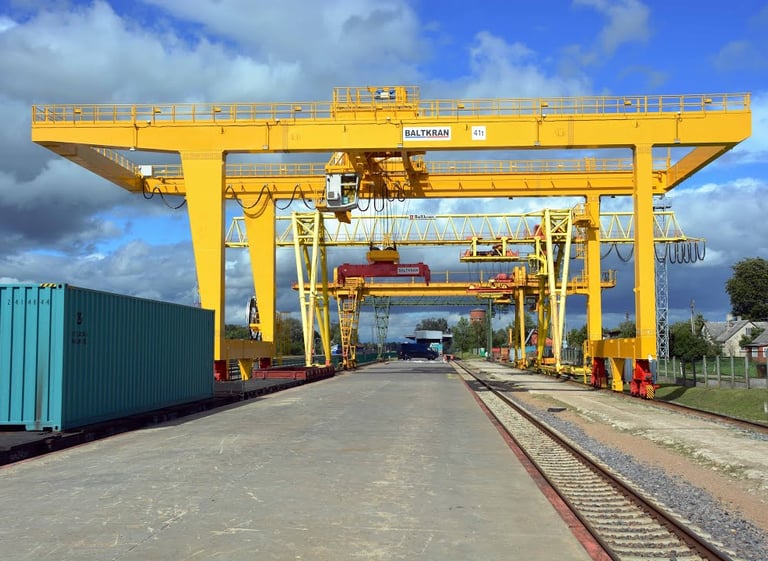

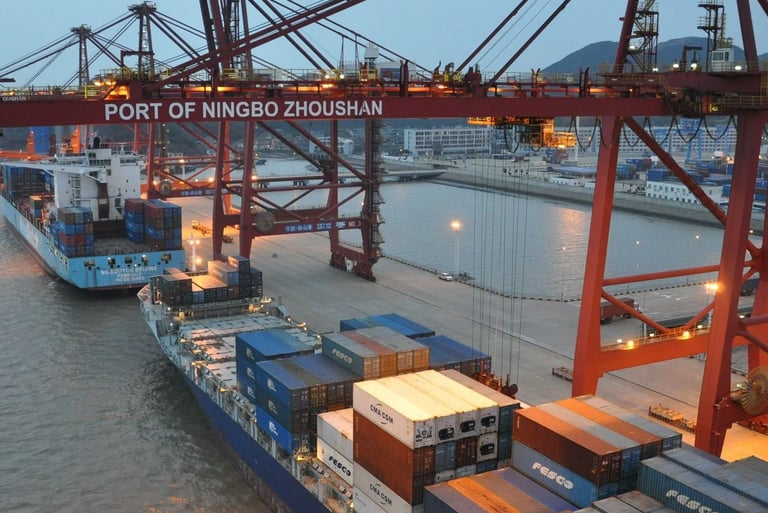

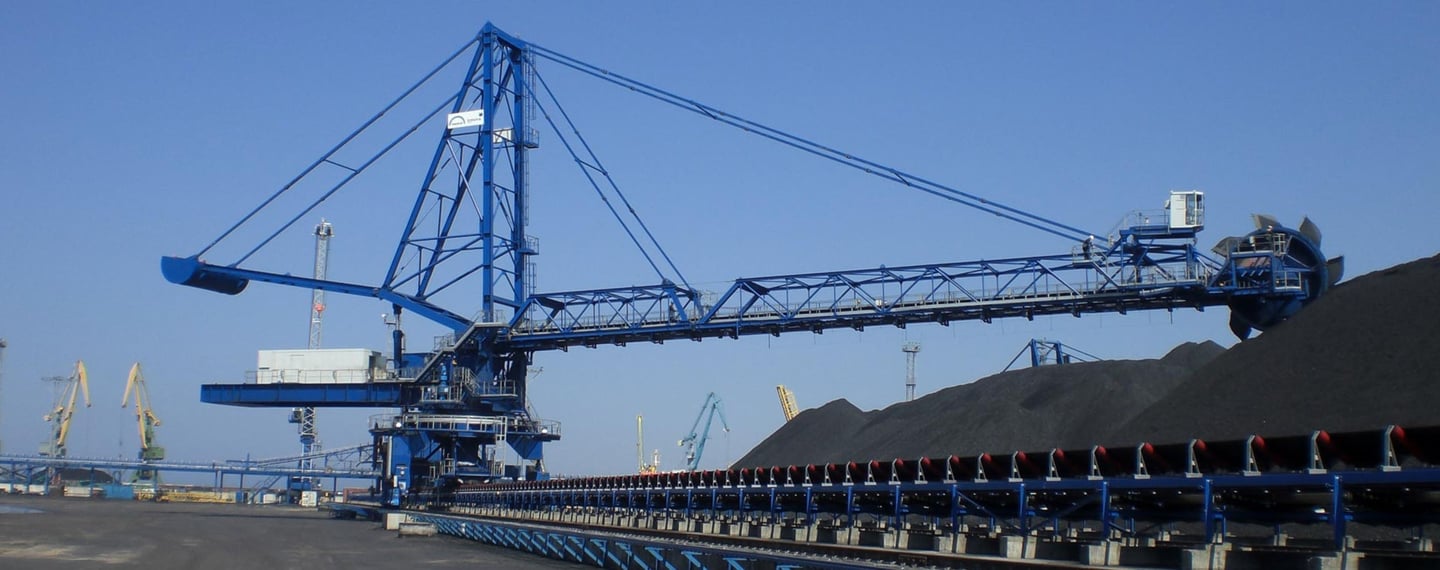

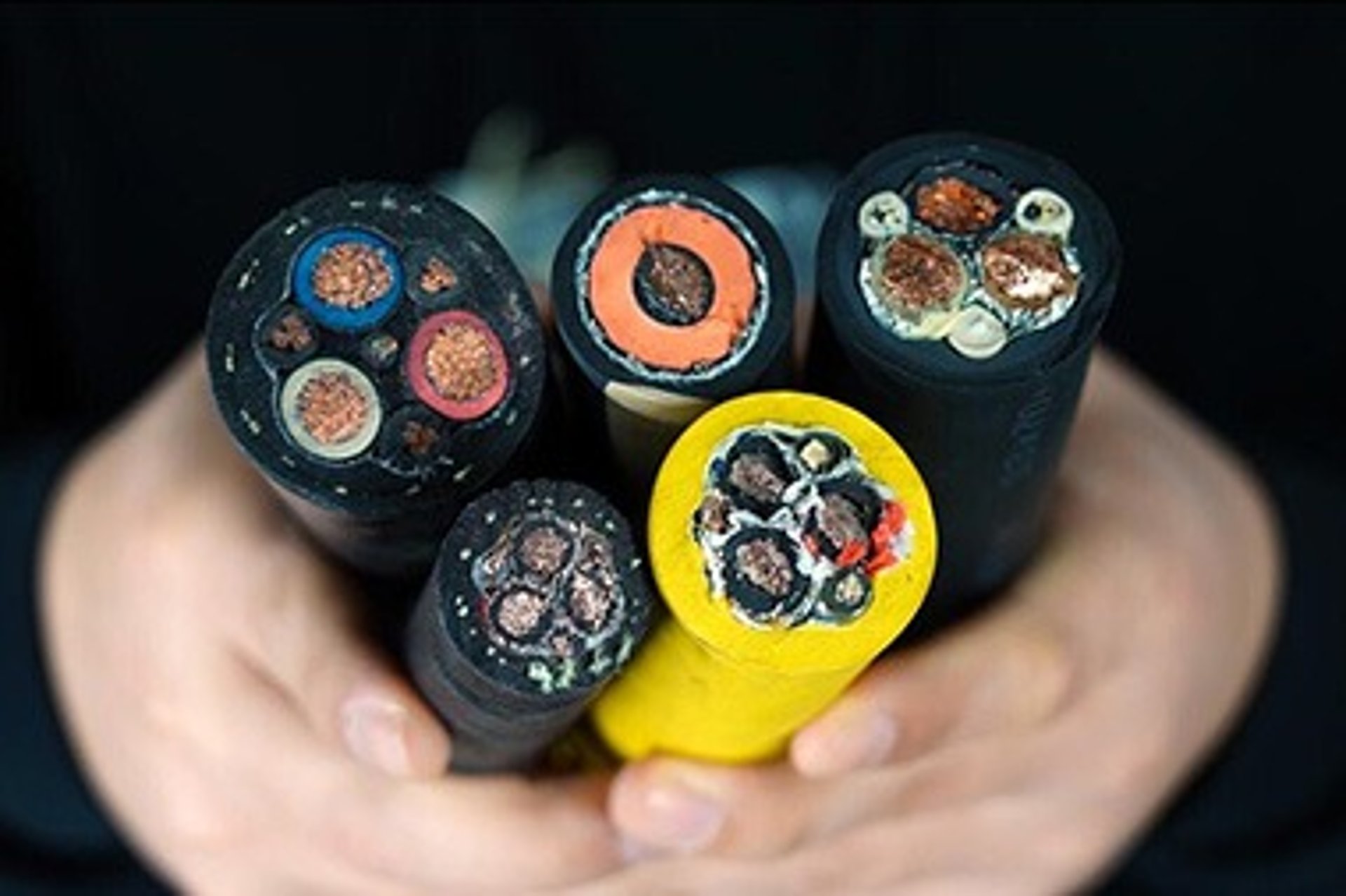
Email Address: Li.wang@feichuncables.com
© 2025. All rights reserved.
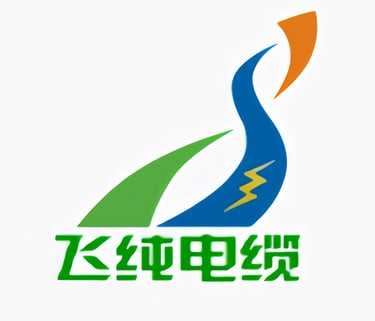

One-click to Quickly Contact
Products
Contact
Company
Location:
Building A Private Science and Technology Park, Hefei Economic and Technological Development Zone, Anhui Province, China
Heat Resistant Cable
WhatsApp: +86 17333223430
